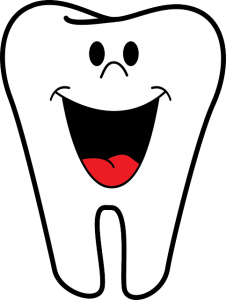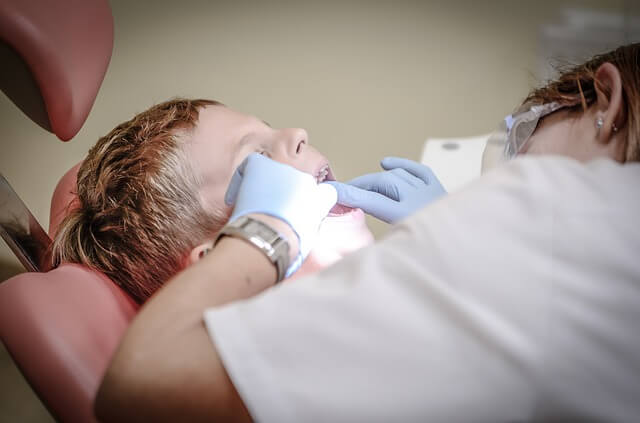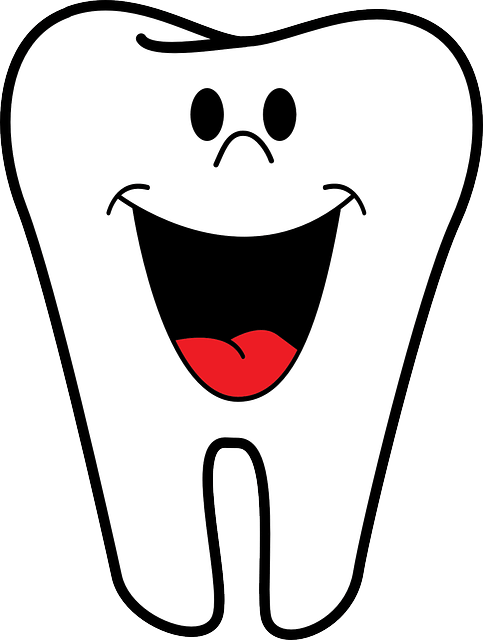I Have Sensitive Teeth. My Teeth Hurt
How to Stop My Teeth Hurting
Do you get a stinging pain when you eat hot or cold food? Do you avoid ice cream? Do you find chewing sometimes uncomfortable?
1 in 10 people have sensitive teeth. You are not alone.
There Are a Few Different Things Which Can Affect Teeth and Make Them More Sensitive
Colds and flu’. These can cause infection in the maxillary sinus which is an above the upper teeth. The roots of the teeth come very close to this cavity and can pick up an infection from it. It can make the teeth extra sensitive or, in worst cases, cause infection and swelling in the root which can be very painful.
Diagram of Maxillary Sinus
- The enamel on some of your teeth may be thin and need a special coating by a dentist.
- There are naturally small holes and scratches in the protective coating, the dentine, of your teeth.
- You may have some gum disease. This is usually caused by a build-up of plaque around the tooth where it meets the gum. The gums become inflamed and very sensitive.
- It may be an early warning sign of bigger problems. You may have infection in the tooth itself due to a crack or a hole. A visit to the dentist would be a good idea.
What Can You Do to Ease the Pain?
- First of all brush your teeth and gums with toothpaste especially meant for sensitive teeth.
- Use luke-warm water to rinse with. Rub a little sensitive-teeth toothpaste into the gums and teeth that are hurting. This kind of toothpaste can fill the tiny micro holes in the enamel of your teeth and lower the sensitivity.
- See a dentist as quickly as possible.
- If you have a cold or flu and especially if the nose and sinuses are blocked, use a little inhalant like Vick or Olbas oil in a bowl of water and inhale. Blow your nose gently as the mucus loosens up. Getting rid of the mucus in the sinuses reduces the likelihood of the infection passing on to your teeth.
- It is important to keep your gums and teeth clean since the bacteria that build up on them can cause a range of secondary infections.
Protective Toothpastes
There are several toothpastes which are especially for sensitive teeth. They generally work by filling the tiny cracks and holes in the dentine. They do take time to have a definite effect. It can take weeks of daily use before the difference can be felt. It is also necessary to persist with the use of the toothpaste.
There is a new product, on test at the moment, which is based on rust remover, potassium oxalate, is looking good as a desentiser. It lasts longer than toothpaste since it does not dissolve in the natural oral acids. It is still being tested.
Mouthwash
Some dentists recommend mouth wash after cleaning. Use this as a gargle and swish the mouth-wash through your teeth. Consult a dentist before using these.
There are some strong ones like those containing chlorhexidine. These should only be used after consulting a dentist and only used for a few days at a time.
Chlorhexidine also can stain your teeth and gums if you prolong the use. This is not harmful, only cosmetic.
Tooth Grinding
If you are prone to grinding your teeth at night, it can wear away the enamel or cause cracks in the dentine. Special toothpaste may help but ask your dentist about a soft insert to place between your teeth, at night, to protect them.
If you are an anxious person, a short course in meditation or relaxation may help you to sleep better and not grind your teeth.
Another possibility is a good hypnotherapist who may be able to help you with your “asleep” habits. After all, you are not aware of what you do while you are asleep, so you may need a little help with that problem.
Grinding teeth at night is very common and is not a sign, in itself, of anything serious.
Toothbrushes
- Avoid very stiff ones and avoid brushing side to side. Get a check-up at your dentist’s and ask for an oral hygiene appointment.
- It is very important to change your toothbrush every 2 to 3 months. The bristles become worn and you may be pressing too hard and they can carry bacteria from earlier brushing.
- Avoid brushing immediately after eating. Some food affects the enamel on your teeth and may soften it.
- Leave at least 30 minutes after a meal before brushing. If you feel uncomfortable, rinse your mouth with warm water.
Bleaching
Take serious advice from your dentist before having your teeth bleached. This can increase sensitivity.
Water
Drink adequate water. Remember that milk, tea, coffee etc. all contribute to our fluid intake. Generally, we need about 2 litres of fluid a day. The fluid helps to rinse the mouth of food particles.
Age
As we get older our gums recede and the non-enameled part of the tooth is exposed. There is not a lot we can do at that stage. Keep your gums healthy by brushing and avoiding acidy and sugary drinks. Drink plenty of water. Consider having root canal work on very sensitive teeth.
Implants
This is an expensive, but increasingly popular, solution. Usually a hole is drilled in the jawbone and the bone strengthened. A “pin” is screwed in and a cap or false tooth glued onto the pin. The technology is improving all the time, so consult your dentist if you are considering this. It is a specialist area and can give your teeth many more years of life.
Thank you for reading this and I hope it has helped you.





